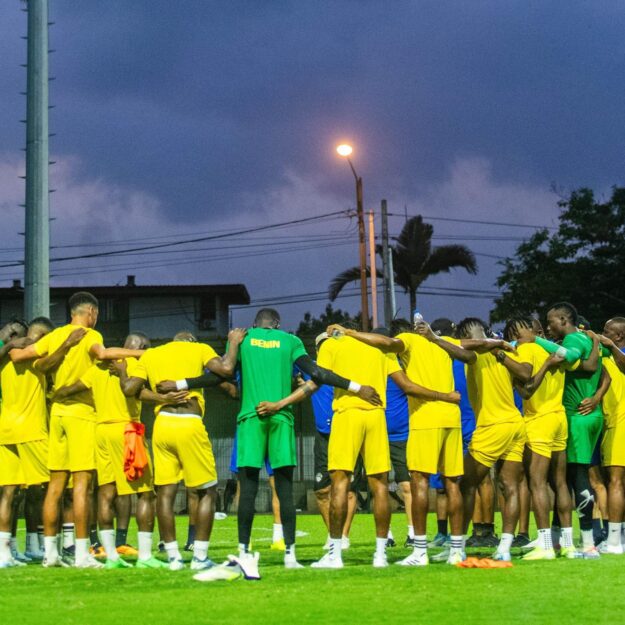
Justice Yusuf Halilu, the judge who on Monday sentenced Maryam Sanda to death by hanging over the murder of her husband, Bilyaminu Bello is not a stranger to courageous pronouncements.
Justice Halilu on August 15, 2019 jailed social commentator Ibrahim Garba Wala, also known as IG Wala, to seven years imprisonment for criminal defamation and public incitement against the boss of the National Hajj Commission.
Also, in November 2017, Justice Halilu was the judge who struck the gavel for the 35 years imprisonment of two former directors in the office of the Accountant General of the Federation, Mohammed Dogon Audu, also known as Abdullahi Dogonyaro, and Yahaya Ayodeji.
The EFCC charged the convicted directors of abuse of their offices by diverting over N1bn in the Economic Reforms and Governance Project (ERGP) domiciled in the office of the Attorney General of the Federation through their private companies.
On several occasions, the judge had come down heavily on the Nigerian Army, police and the EFCC for abuse of rule of law.
On March 1, 2016, after being assigned the case of the Aide-de-Camp of ex-president, Goodluck Jonathan, Col. Ojogbane Adegbe, who was detained for several months without trial, the judge berated the EFCC for turning itself into a detention centre for the Nigerian Army.
Although the EFCC initially claimed that Adegbe was being investigated for arms procurement fraud, it also stated that the aide to the former president was being detained on the instruction of the Nigerian Army.
The judge said their actions violated Section 36 of the Nigerian Constitution, 1999 which provides that an accused person is deemed innocent until proved guilty in a competent court of law.
In the same March, 2016, Justice Halilu attacked the EFCC and the army for behaving like illiterates over the prolonged detention, without bail, of former aide to former National Security Adviser, Sambo Dasuki, Col. Nicholas Ashinze.
“The EFCC is a creation of law. The court will not allow it to act as if it is above the law. It is remarkable to note that the motto of the EFCC is that nobody is above he law, yet they are acting as if they are above the law,”
“The EFCC Act is not superior to he Constitution of the Federal Republic of Nigeria. The respondents in this matter have not behaved as if we are in a civilised society. They have behaved as if we are in a military dictatorship, where they arrest and release persons at will. The respondents, I must be bold to say, the EFCC and the Army behaved like illiterates,” the judge said. Justice Halilu was born on August 15, 1972 in Nasarawa Eggon Local Government of Nasarawa State.
He obtained a Bachelor of Law in 1997 from the University of Jos and attended Law School in 1998 and was called to Bar same year. He obtained his LL.M from the same institution in 2001.
After years of private practice, Justice Halilu was appointed judge of the FCT High Court in June 2010. He is married with children.
You may be interested

‘It Was A Fair Result’ — Troost-Ekong Reacts To Super Eagles Stalemate Vs Benin Republic
Webby - November 15, 2024Super Eagles captain William Troost-Ekong claimed the Super Eagles deserved a point from their 2025 Africa Cup of Nations qualifying…
Dikko Vows Full NSC Support For Nigerian Teams’ Continental Success
Webby - November 15, 2024National Sports Commission (NSC) Chairman, Shehu Dikko, has pledged the Commission’s commitment to support all Nigerian sports teams competing on…

Super Eagles Goalkeeper Nwabali Loses Father
Webby - November 15, 2024Super Eagles goalkeeper, Stanley Nwabali, has lost his father.Nwabali announced the death of his father on Instagram on Friday, November…




















![American Pastor, David Wilson Seen Eating The Box Of Woman Who Isn’t His Wife [Video]](https://onlinenigeria.com/wp-content/uploads/2019/10/american-pastor-david-wilson-seen-eating-the-box-of-woman-who-isnt-his-wife-video-150x150.jpg)









